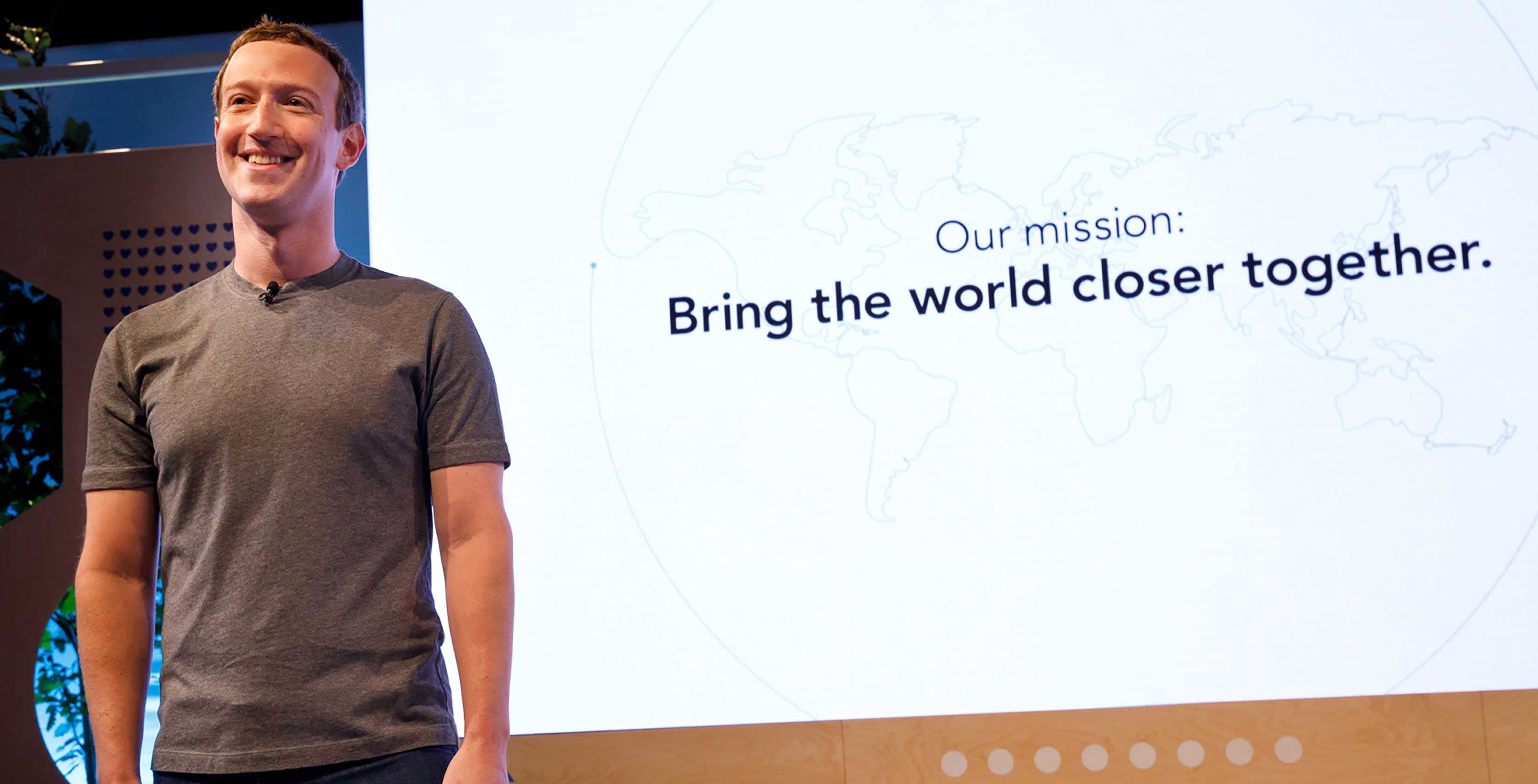
For many people, logging onto Facebook and scrolling through their News Feeds is a daily activity. In fact, the company announced in June that it had hit a two billion monthly active users, marking impressive year-over-year growth.
However, not everyone is so bullish on the social network’s increasing prominence in people’s everyday lives. In fact, Chamath Palihapitiya, who joined Facebook in 2007 and operated as vice president for user growth, said he feels “tremendous guilt” over his role in helping the platform become such a dominant force.
“I think we have created tools that are ripping apart the social fabric of how society works,” he said at an event at Stanford Graduate School of Business.
Palihapitiya mentioned that the drive for online interactions such as ‘liking,’ ‘commenting’ and ‘sharing’ posts online has been damaging to modern day life. “The short-term, dopamine-driven feedback loops we’ve created are destroying how society works,” he said, “No civil discourse, no cooperation; misinformation, mistruth.”
To illustrate this, Palihapitya cited an incident in India in which fake messages about kidnappings were shared on WhatsApp and eventually led to the hanging of seven innocent people.
“That’s what we’re dealing with,” said Palihapitiya. “And imagine taking that to the extreme, where bad actors can now manipulate large swathes of people to do anything you want. It’s just a really, really bad state of affairs. And it’s not an American problem — this is not about Russians ads. This is a global problem.”
Via: The Verge
MobileSyrup may earn a commission from purchases made via our links, which helps fund the journalism we provide free on our website. These links do not influence our editorial content. Support us here.


